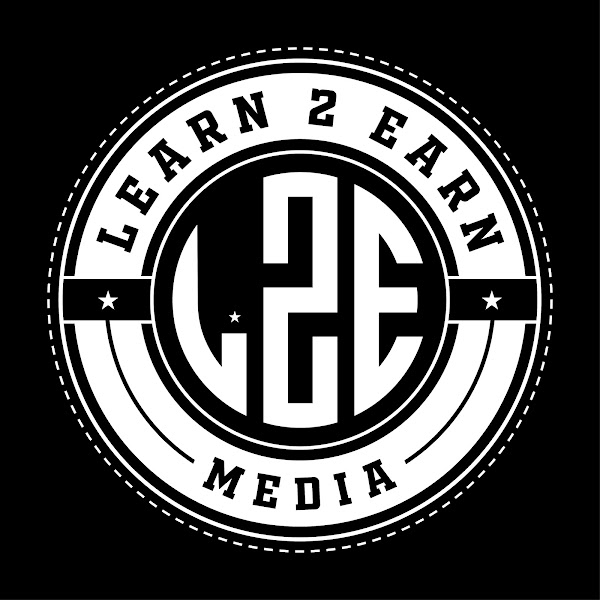Introduction
Dreaming of quitting your day job to focus on your side hustle full-time? It’s a tempting thought, but making the leap without a financial cushion can lead to unnecessary stress and potential failure. In this guide, we’ll explore why it’s wise to keep your primary job while you nurture and scale your side hustle.
1. Ensure Financial Stability
Your primary job provides a stable income that supports your daily needs and long-term financial goals. By keeping your day job, you avoid the pressure of needing your side hustle to generate immediate revenue. This financial stability allows you to invest in your side hustle strategically without jeopardizing your personal finances.
2. Manage Risk Effectively
Starting a side hustle involves inherent risks, including fluctuating income and unexpected expenses. Retaining your current job allows you to manage these risks more effectively. You can experiment, make adjustments, and learn from setbacks without the added stress of relying solely on your side hustle for financial survival.
3. Leverage Professional Resources
Your current job can offer valuable resources that benefit your side hustle. Networking opportunities, industry insights, and professional skills can enhance your business’s development. By staying employed, you continue to access these resources while working on growing your side hustle.
4. Foster Steady Growth
Building a successful side hustle takes time and strategic planning. Maintaining your day job provides the financial backing needed for incremental growth. You can invest in marketing, product development, and other key areas without the pressure of immediate profitability. This gradual approach helps you scale your business sustainably.
5. Reduce Stress and Burnout
The financial pressure of relying solely on your side hustle can lead to burnout. Keeping your day job acts as a safety net, reducing stress and allowing you to focus on your side hustle with a clear mind. This balanced approach supports both your mental well-being and long-term success.
6. Smart Investment Strategy
With your primary income, you can make calculated investments in your side hustle. From marketing campaigns to operational expenses, your day job provides the necessary funds for strategic investments. This enables you to make informed decisions and drive growth without financial strain.
Conclusion
Maintaining your day job while developing your side hustle offers financial security, effective risk management, and valuable resources. By using your primary income to fund and grow your side hustle, you set a solid foundation for long-term success and sustainability.


